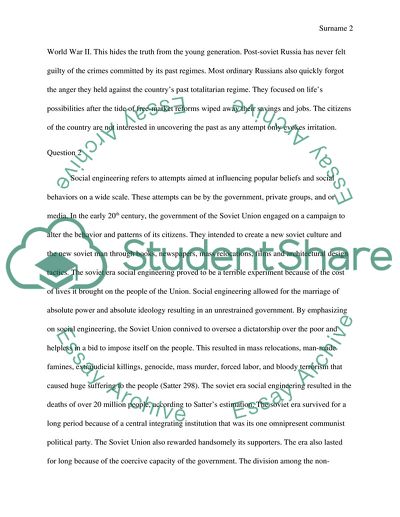Cite this document
(“Russian politics Book Report/Review Example | Topics and Well Written Essays - 1000 words”, n.d.)
Retrieved de https://studentshare.org/social-science/1669073-russian-politics
Retrieved de https://studentshare.org/social-science/1669073-russian-politics
(Russian Politics Book Report/Review Example | Topics and Well Written Essays - 1000 Words)
https://studentshare.org/social-science/1669073-russian-politics.
https://studentshare.org/social-science/1669073-russian-politics.
“Russian Politics Book Report/Review Example | Topics and Well Written Essays - 1000 Words”, n.d. https://studentshare.org/social-science/1669073-russian-politics.


